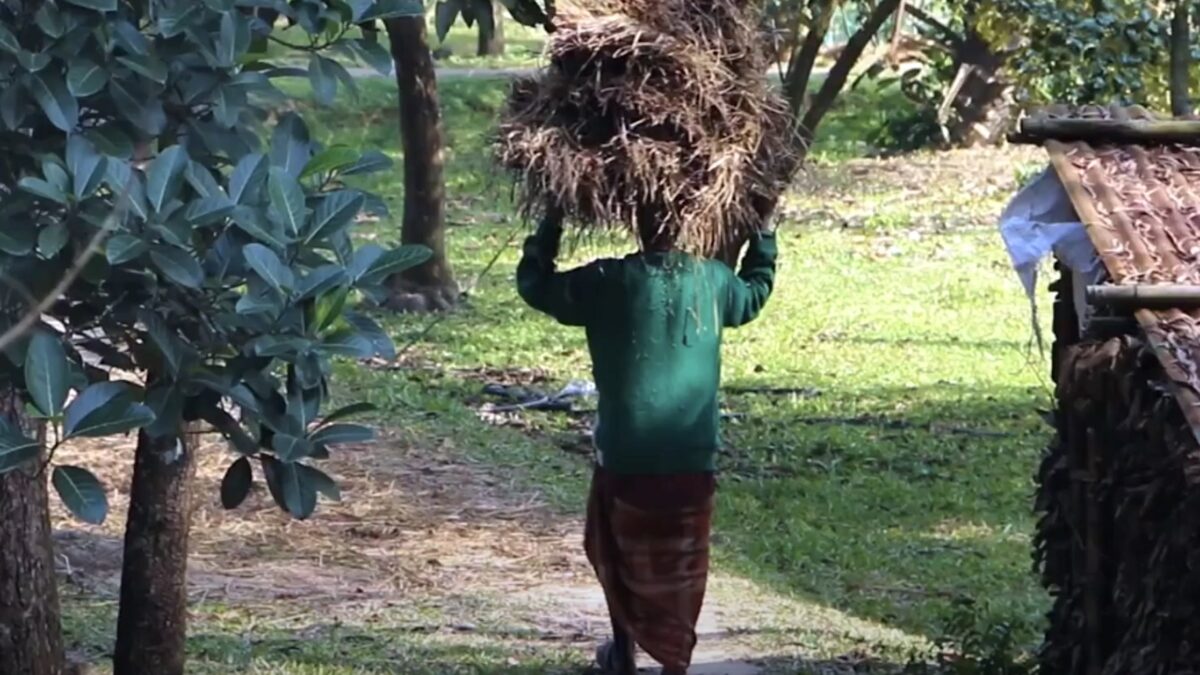
In July 2024, around 1,500 families were evicted from the Morigaon district of Northeast India’s Assam state for settling illegally on forest and railway land. Most of these homes belonged to Bengali-speaking Muslims, commonly referred to as Miya. While such evictions are not isolated to Assam, the incident sparked allegations of government bias, with accusations that the government is specifically targeting Bengali Muslims and leveraging tensions in the region to drive them away.
Who are the Miya people?
The term “Miya” has its etymological root in the term “Mian” — a word derived from the Parsi community, which refers to an honourable person in the Indian subcontinent. The Miya people migrated to Assam from different parts of India and present-day Bangladesh in the early 20th century during British colonial rule, settling primarily in the riverbeds of the Brahmaputra River in Assam. The area is also known as Char Chapori.
However, many Indigenous organisations and political groups claim that there has been an influx of Bangladeshi citizens illegally immigrating to Assam, and they often associate the Miya community with this group. Because of this, the term “Miya” is now used in a derogatory way, referring to undocumented Bangladeshis.
This story was originally published in globalvoices.org. Read the full story here.

